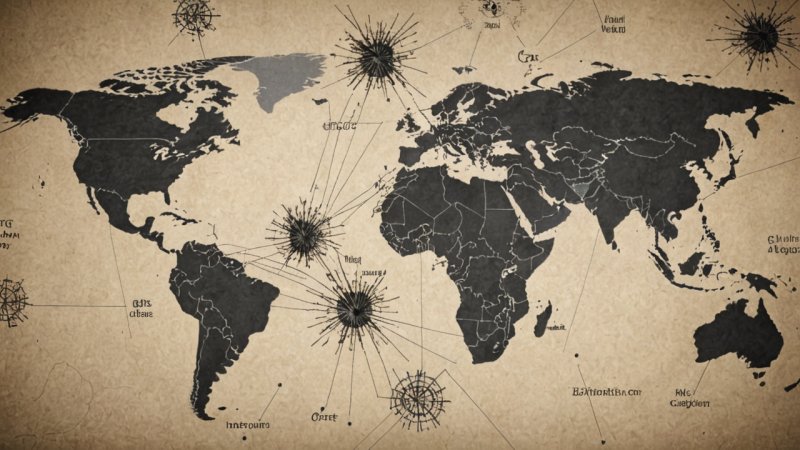The landscape of international trade is heavily shaped by the economic policies of individual countries. These policies determine how nations interact in the global marketplace, affecting everything from tariffs and trade agreements to currency valuation and regulations. Understanding how these policies influence trade can provide valuable insights for businesses, policymakers, and the general public. Below are key points that highlight the critical aspects of economic policies and their effects on international trade.
1. Tariffs and Trade Barriers
Tariffs are taxes imposed on imported goods, designed to protect domestic industries from foreign competition. By increasing the cost of imports, tariffs can lead to a reduction in the volume of trade. Countries must carefully balance the need to protect local businesses with the desire to foster international trade.
2. Trade Agreements
Trade agreements, such as NAFTA or the EU’s single market, facilitate easier trade between countries by reducing or eliminating tariffs and other barriers. These agreements can significantly enhance trade flows and economic cooperation, leading to growth in participating countries.
3. Currency Valuation
The value of a nation’s currency can greatly affect its international trade dynamics. A strong currency makes exports more expensive and imports cheaper, which can lead to trade deficits. Conversely, a weak currency can make exports more competitive internationally, fostering trade surpluses.
4. Regulatory Standards
Different countries have varying regulatory standards for products, which can impact trade. Standards related to health, safety, and environmental protection can create barriers to entry for foreign products. Harmonizing these standards can facilitate smoother trade relations.
5. Subsidies and Support for Domestic Industries
Many governments provide subsidies to domestic industries to help them compete against foreign imports. While this can bolster local businesses, it may also lead to tensions in international trade relations, as other countries may view these subsidies as unfair trade practices.
6. Political Stability
The political climate of a country significantly impacts its trade relationships. Countries with stable governments and predictable policies are more attractive to international investors and trade partners, while instability can lead to reduced trade and economic isolation.
7. Global Economic Trends
Global economic trends, such as recessions or booms, can influence national policies regarding trade. During economic downturns, countries may adopt protectionist measures to safeguard their economies, while in times of growth, they may pursue more open trade policies.
8. Technological Advancements
Technological advancements can enhance international trade by improving supply chain management and logistics. Countries that invest in technology can streamline their trade processes, making it easier and more efficient to export and import goods.
9. Environmental Policies
Increasingly, environmental policies are impacting international trade. Countries that implement strict environmental regulations may find themselves at a competitive disadvantage unless they can innovate and adapt. Conversely, nations that prioritize sustainability can position themselves favorably in global markets.
10. Cultural Considerations
Cultural factors can also play a role in shaping trade policies. Understanding cultural nuances can help businesses navigate international markets effectively, ensuring that economic policies align with local customs and practices.
In summary, economic policies are fundamental in shaping the dynamics of international trade. From tariffs to trade agreements, currency valuation to regulatory standards, each aspect plays a crucial role in determining how countries interact economically. By being aware of these factors, businesses and policymakers can better navigate the complexities of global trade and make informed decisions that promote sustainable economic growth.






